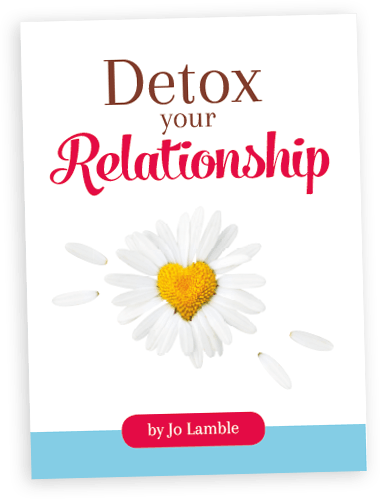 We all aim to be helpful, compassionate people, but there are times when we need to say No. Some people seem to have no problem saying No. As I mentioned a few weeks back, often our first answer can be No – when it comes to our partners anyway. But when you’re unable to help a friend or you simply don’t have the time to help a colleague, how can you say No without damaging the relationship?
We all aim to be helpful, compassionate people, but there are times when we need to say No. Some people seem to have no problem saying No. As I mentioned a few weeks back, often our first answer can be No – when it comes to our partners anyway. But when you’re unable to help a friend or you simply don’t have the time to help a colleague, how can you say No without damaging the relationship?
It’s important to know that sometimes the best way to maintain relationships is to be assertive. Remember that being assertive means telling the truth in an appropriate manner. It doesn’t mean that you have to be aggressive. If you’re never assertive, it’s easy for resentment to build up and that’s far more damaging to a relationship than occasionally saying No.
The trick to assertiveness is not being defensive. By offering up a thousand reasons for saying No, you weaken your position. It might seem kinder to justify your answer, but it’s easy to end up tongue-tied. Think of a salesperson coming to the door. If you offer a reason for why you don’t want to buy the product, they are trained to give a come back. No thanks, I have plenty of brooms – But not this broom. Sorry, but it’s a bad time – When’s a good time? I’m about to go out – This won’t take a minute. Then you have to resort to being rude to get rid of them. Whereas, if you politely say: I’m sorry, but I’m not interested – end of story.
The same goes for being assertive with a friend, neighbour or colleague. These responses are polite, assertive and not defensive: Sorry, but I’m afraid I can’t help you. Sorry, but that won’t work for me. I’d love to help, but I can’t. Most people will find it difficult to push you for a reason, but if they do, just apologise again for not being able to help.
Jillian Ball and Susan Tanner set out the Bill of Assertive Rights in their excellent book: Beating the Blues. One of the assertive rights is: I have the right to say No without offering an explanation. Others have the right to say No without offering an explanation. Being assertive is one way to boost confidence and ward off minor depression and anxiety.
So for the sake of your mental health and your relationships, be compassionate and helpful, but if you are feeling resentful and taken advantage of, perhaps it’s time to say No every now and again.















